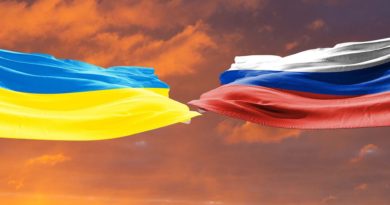Ukraine Can Turn Human Rights Criticisms to Its Advantage

Last week, the New York Times published an analysis of a missile strike in the Ukrainian town of Kostiantynivka that killed 15 civilians on Sept. 6. Though the attack was originally blamed on Russia, the Times’ analysis—which included assessments of open-source video footage and Telegram messages, interviews with witnesses and ballistics from the impact site—showed that an errant Ukrainian air defense missile was in all likelihood responsible for the damage.
Shortly after the story broke, Politico reported that Kyiv was pushing back forcefully on the Times’ account. Mykhailo Podolyak, an adviser to Ukrainian President Volodymyr Zelenskyy, linked the “doubts about Russia’s involvement in the attack on Kostiantynivka” with “the growth of conspiracy theories,” adding a thinly veiled warning about possible legal repercussions for the “foreign media” publishing such reports.
This type of reaction by the Ukrainian government to critiques of its war effort, even from highly respected sources not known for entertaining conspiracy theories, has become commonplace. For example, when Amnesty International suggested Ukraine was placing military installations too close to civilian areas last year, Zelenskyy accused Amnesty not just of giving his government too little time to respond, but of excusing Russian acts of terror. When Ukraine’s own citizens petitioned his government for relief from the travel restrictions separating families at the border, Zelenskyy responded by suggesting they send the petition to the parents of fallen fighters.
This article has been archived for your research. The original version from World Politics Review can be found here.


